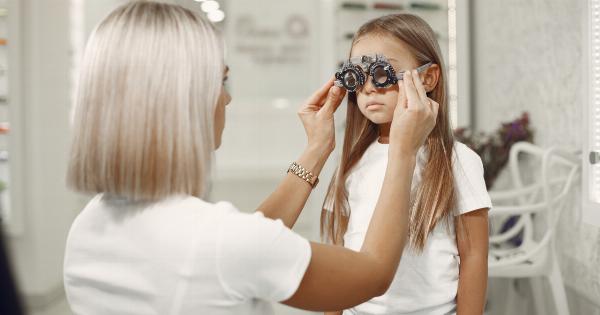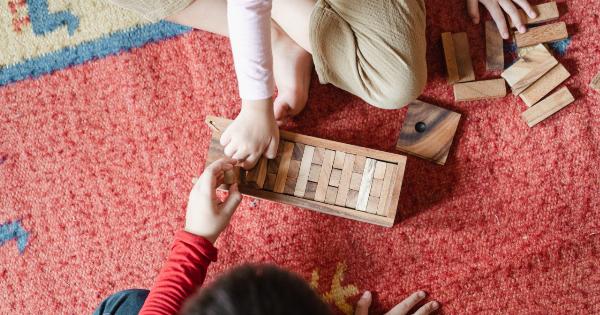Age is often used as a marker of experience, but it’s not always an accurate reflection of it. The myth that age equals wisdom is a prevalent one in society, and it can lead to people missing out on opportunities because they believe they are too old.
In this article, we’ll explore some common age-related myths and why they’re not true.
Myth #1: You Can’t Teach an Old Dog New Tricks
This saying suggests that older people are less receptive to learning new things, but this just isn’t true. In fact, research has shown that people over 65 can learn new skills just as well as younger people.
Whether it’s a new language, a musical instrument, or a computer program, age is not a barrier to acquiring new knowledge. The key is to stay curious and keep an open mind!.
Myth #2: You Should Have It All Figured Out by a Certain Age
The pressure to have a successful career, a family, and all the trappings of a “perfect” life by a certain age is immense. But the truth is that everyone’s journey is different. Some people find success later in life, and that’s okay.
Your past experiences can be valuable assets and give you the skills and knowledge you need to achieve your goals, no matter what age you are.
Myth #3: Your Brain Stops Developing After a Certain Age
It’s commonly believed that the brain stops developing after age 25, but this couldn’t be further from the truth. Brain plasticity, or the ability of the brain to change and adapt, is a lifelong process.
In fact, studies have shown that learning new things and challenging your brain can actually increase brain plasticity. So, never stop learning!.
Myth #4: You Should Act Your Age
What does it mean to “act your age”? This societal expectation is often used to limit creativity, silliness, and fun. But there’s no rulebook that says what behaviors are appropriate for a certain age.
The key is to be true to yourself and do what makes you happy. Whether it’s playing video games, taking up rollerblading, or dancing to your favorite music, don’t let age hold you back!.
Myth #5: Aging Means Declining Health
It’s true that some health problems become more common as we age, but it doesn’t mean that all older people are sickly and frail. In fact, many older adults are in good health and can continue to lead active and fulfilling lives.
Regular exercise, a healthy diet, and getting enough sleep can help prevent or manage many age-related health issues.
Myth #6: You’ll Become Less Productive as You Age
There’s a stereotype that older workers are less productive and less motivated than their younger counterparts. But research has shown that older workers are actually more reliable, have more experience, and are better at problem-solving.
Plus, many older adults start new businesses or embark on new careers later in life and find great success.
Myth #7: You’re Too Old to Pursue Your Passions
It’s never too late to pursue your passions, whether it’s travel, art, or volunteering. You’re never too old to learn a new skill or start a new hobby. Don’t let age hold you back from doing what you love!.
Myth #8: Older People Are Technologically Challenged
While it’s true that some older people may be less tech-savvy than younger generations, this isn’t true for everyone. Many older adults are avid users of social media, smartphones, and other technology.
And if you’re not tech-savvy, there are plenty of resources available to help you learn!.
Myth #9: Aging Is a One-Way Street to Decline
It’s easy to focus on the negative aspects of aging, but there are also many positives.
Older adults may feel more content and satisfied with their lives, have stronger relationships with their loved ones, and experience a greater sense of purpose than younger adults. Remember that aging is a natural part of life and can be a time of growth and fulfillment.
Myth #10: Your Best Years Are Behind You
The idea that the best years of your life are over after a certain age is a depressing one. But life is full of ups and downs, and there’s no set timeline for when the “best years” occur.
You can make the most of any stage of life by staying engaged, pursuing your passions, and investing in meaningful relationships. Your best years are whatever years you’re living right now!.





























